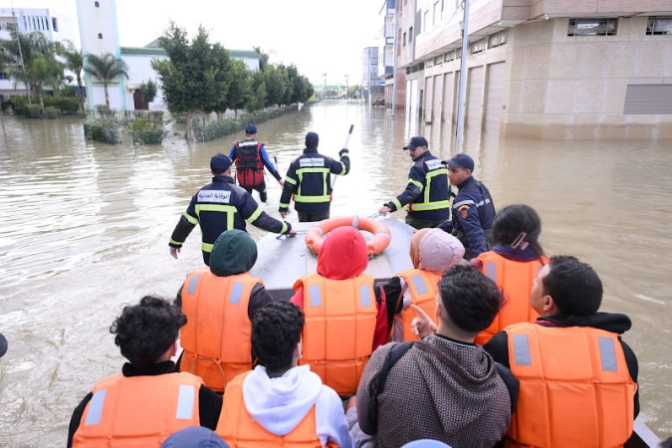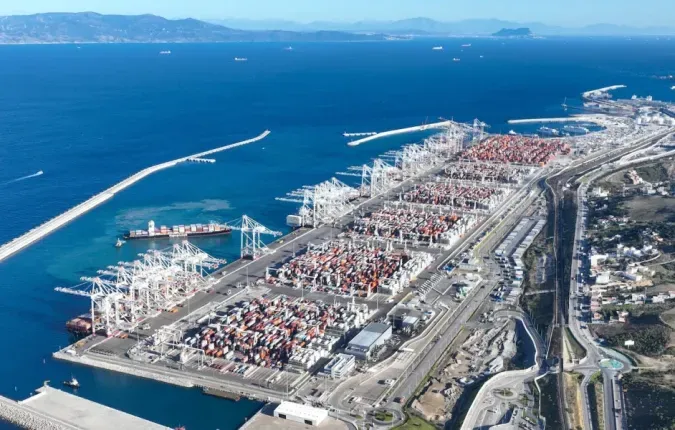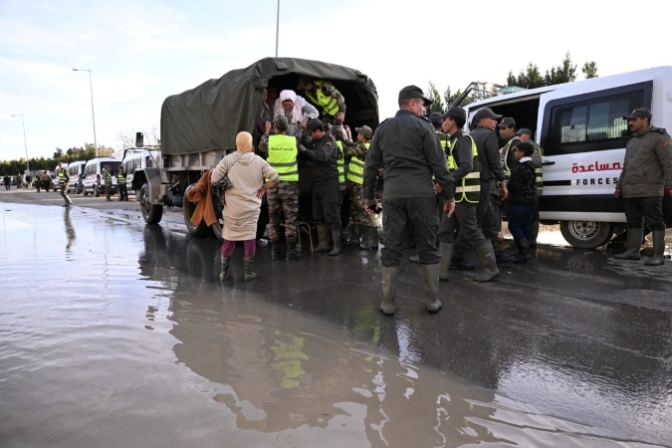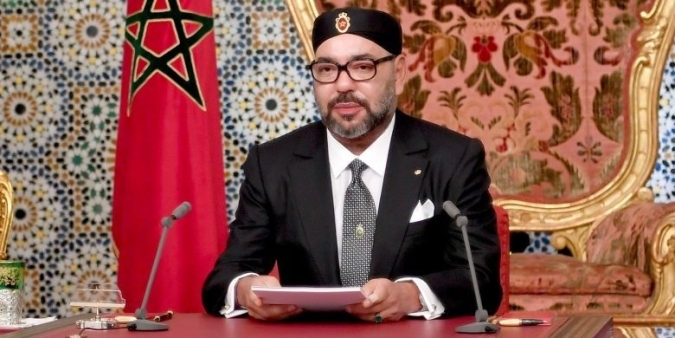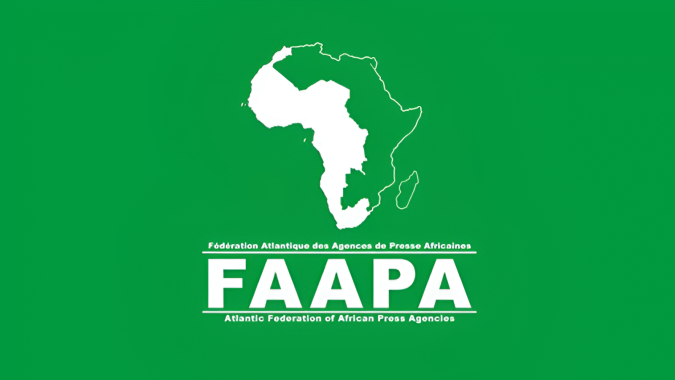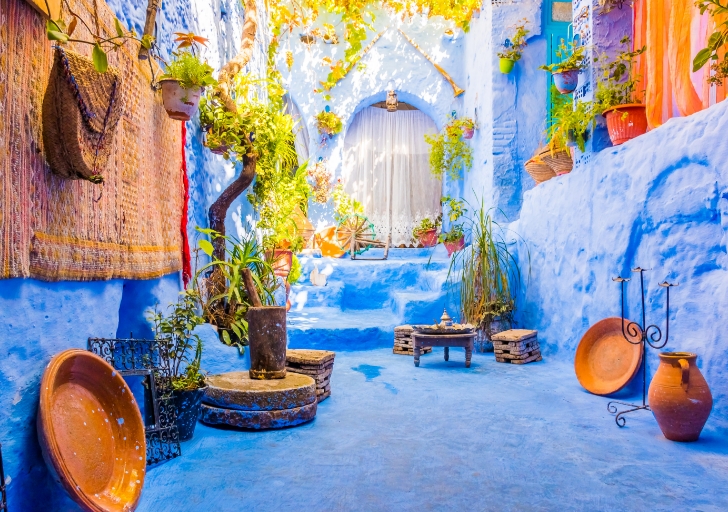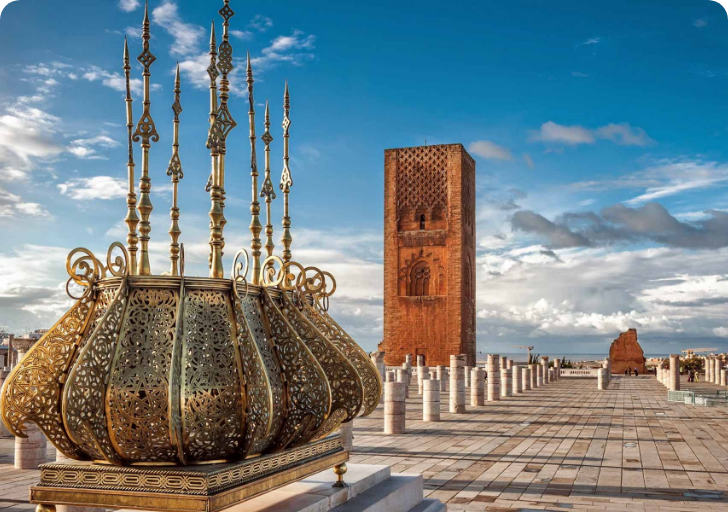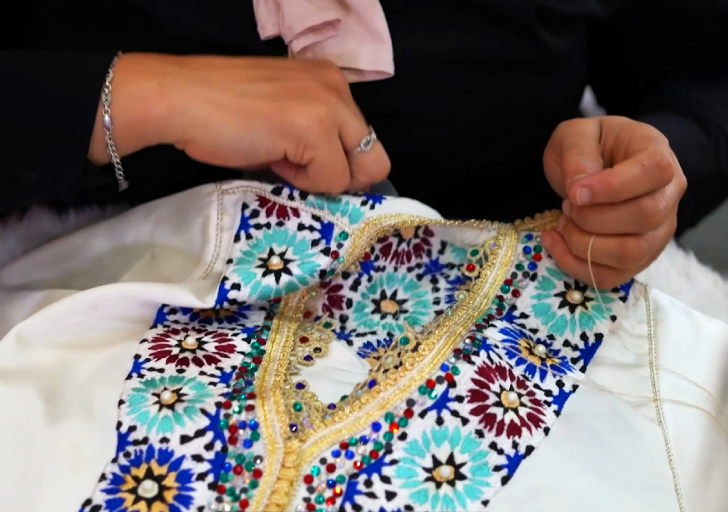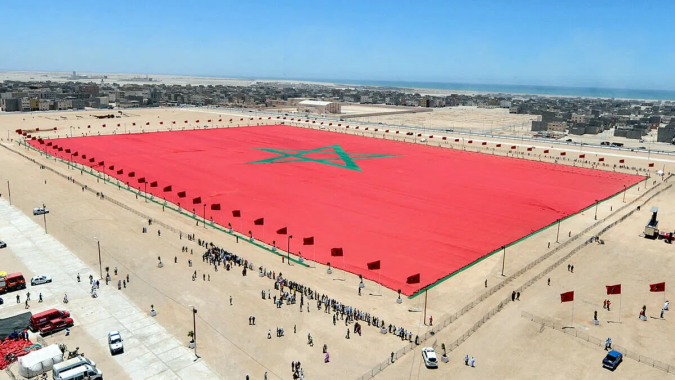
Senior Portuguese political and academic figures on Monday welcomed the United Kingdom’s endorsement of Morocco’s autonomy plan for the Sahara, describing it as a "major diplomatic victory" for the Kingdom and a key step toward bolstering international momentum behind the Moroccan initiative.
Ricardo Regalla Dias Pinto, a Member of Parliament from Chega, the country’s second-largest political party, praised the UK’s decision on his official X account, calling it a reaffirmation of a "realistic and serious" solution under Moroccan sovereignty.
"This position fully aligns with what Chega has consistently advocated in the Parliamentary Committee on Foreign Affairs and Portuguese Communities since the previous legislature," Dias Pinto wrote.
He added that the UK joining the United States and France in backing Morocco’s 2007 autonomy proposal marks a decisive step toward resolving a protracted regional dispute.
Filipe Domingues, a political scientist and expert in North African and sub-Saharan African affairs, also welcomed London’s announcement, calling it a "major diplomatic success for Morocco." He emphasized that the British government’s recognition of the 2007 Moroccan autonomy plan as the most credible, viable, and pragmatic solution reinforces the initiative’s growing international support.
In a similar vein, Manuel Raboso, an expert in international relations and history, underlined that the backing expressed in Rabat by newly appointed UK Foreign Secretary David Lammy constitutes "a significant diplomatic gain for Morocco." Raboso noted via his X account that this decision could pave the way for UK investments in Morocco’s southern provinces.
Federico Almendra, director general of Club África, a prominent Lisbon-based think tank, stressed that as a permanent member of the UN Security Council, the UK has now taken a clear and principled stance on the Moroccan Sahara issue. He reiterated the UK's framing of Morocco’s plan as “the most credible, viable, and pragmatic basis” for a lasting resolution.
Ricardo Fabiani, the International Crisis Group’s representative in Lisbon, also hailed the shift as "a major diplomatic breakthrough." He argued that this new international dynamic could help revive the United Nations-led process aimed at securing a durable political solution.
(MAP: 03 June 2025)
